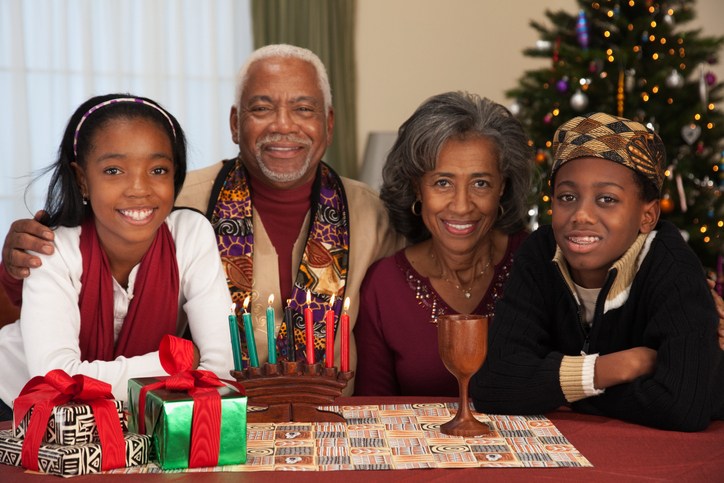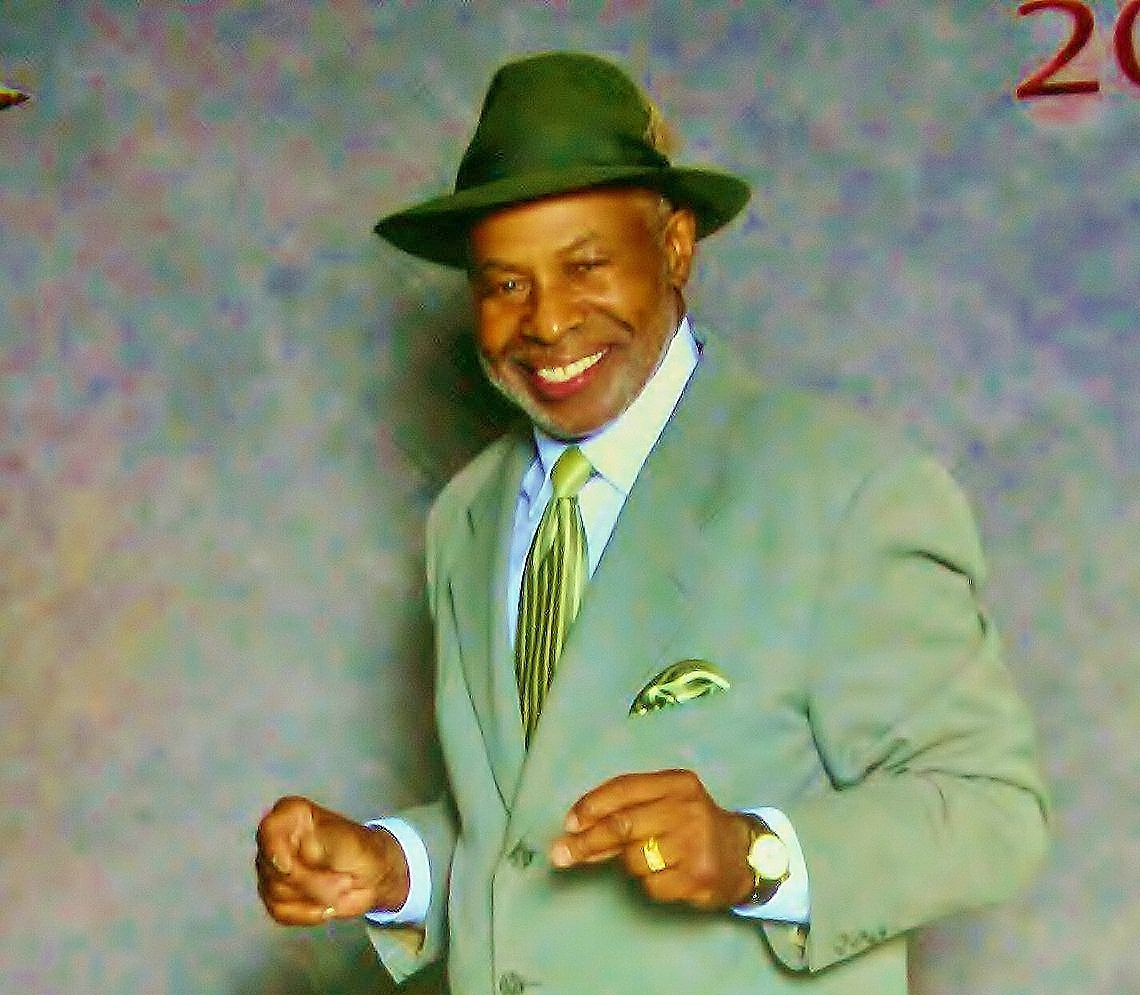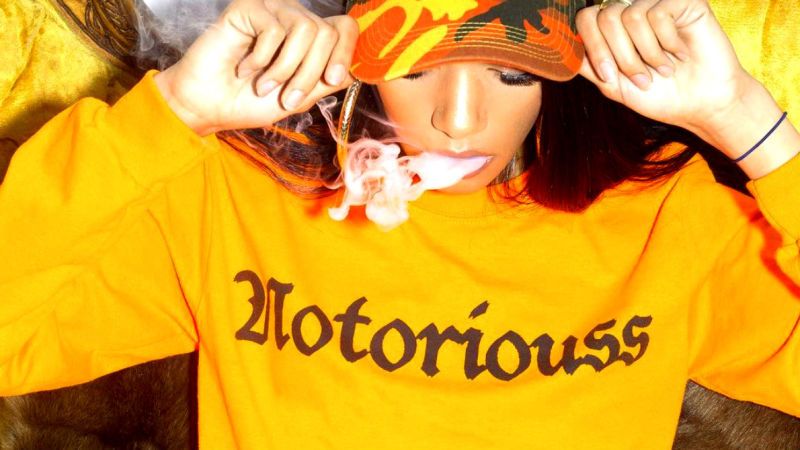
Every year, around Christmas time, you may hear some Black folks talking about celebrating Kwanzaa. many of them jokingly because they don’t know the history or roots behind the holiday. Here’s how it all came about and why celebrating it could be more important than ever.
Maulana Karenga created Kwanzaa in 1966, as the first specifically African-American holiday. According to Karenga, the name Kwanzaa derives from the Swahili phrase matunda ya kwanza, meaning “first fruits of the harvest”. The choice of Swahili, an East African language, reflects its status as a symbol of Pan-Africanism, especially in the 1960s, although most of the Atlantic slave trade that brought African people to America originated in West Africa.
Kwanzaa is a celebration that has its roots in the black nationalist movement of the 1960s and was established as a means to help African Americans reconnect with their African cultural and historical heritage by uniting in meditation and study of African traditions and Nguzo Saba, the “seven principles of African Heritage” which Karenga said “is a communitarian African philosophy”. Karenga believed and stated that “you must have a cultural revolution before the violent revolution. The cultural revolution gives identity, purpose and direction.”

Kwanzaa was not created to give people an alternative to their own religion or religious holiday. Many African Americans who celebrate Kwanzaa do so in addition to observing Christmas.
Kwanzaa spans over seven days with each day focusing on a specific principle in the Black community. A Kwanzaa ceremony may include drumming and musical selections, libations, a reading of the African Pledge and a discussion of the African principle of the day or a chapter in African history and a feast known as the “karamu.”
Each day also consists of a candle-lighting ritual. You have what is called a kinara (candle holder) and seven candles (one black candle, three green candles and three red candles). The black candle is lit first then used to light each of the other candles on the day that is celebrated, going back and forth with lighting the red and green.
The seven principles of Kwanzaa are as follows:
Umoja (Unity): To strive for and to maintain unity in the family, community, nation, and race.
Kujichagulia (Self-Determination): To define and name ourselves, as well as to create and speak for ourselves.









